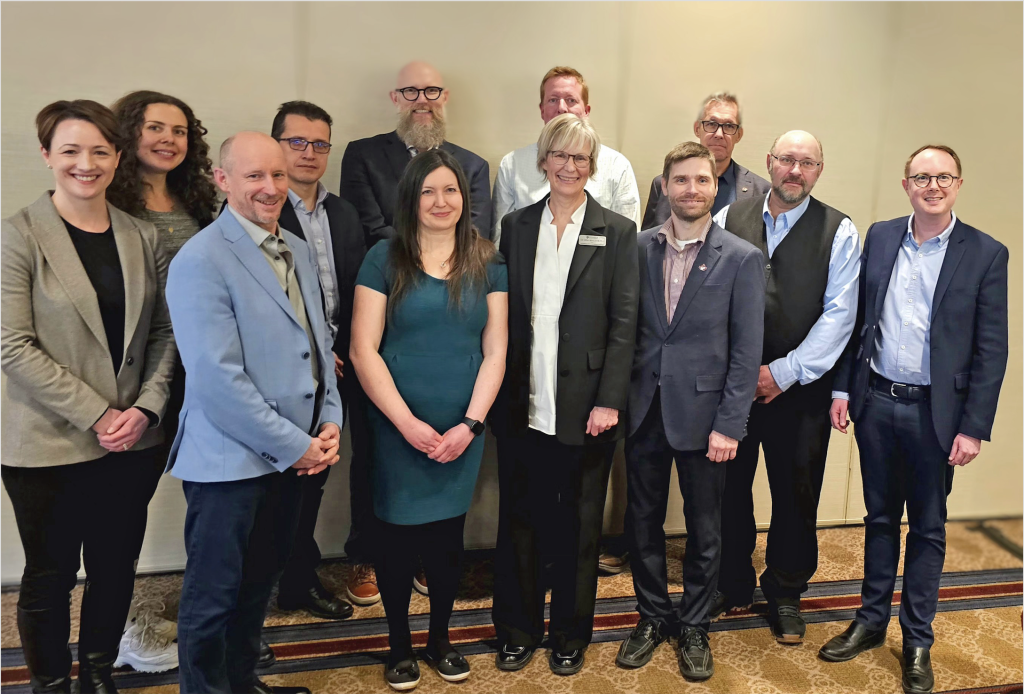
A major research program created under Lee Whittington’s guidance when he was still CEO of Prairie Swine Centre has been extended for a second term.
Gillian Muir, Dean of the Western College of Veterinary Medicine, announced on January 8, that the National Sciences and Engineering Research Council (NSERC) and the University of Saskatchewan have extended the Industrial Research Chair in Swine Welfare for a second five-year term. Additionally, the chair will be held again by its inaugural occupant, Associate Professor Yolande Seddon, an animal welfare and behaviour scientist at PSC.
The Industrial Chair in Swine Welfare was jointly created by NSERC and the University of Saskatchewan at a cost of $2 million to make meaningful and productive connections between industry and science.
Located at WCVM, the program is supported by NSERC and 14 industry partners, including processors and provincial pork boards. That group has provided $1 million to extend Seddon’s “critical” role in swine research, said Muir.
Seddon, who joined the U of S in 2012, said she felt fortunate to be involved in creating the Chair and in being selected as its first occupant.
Creation of an Industrial Chair in Swine Welfare is a strategic initiative which she hopes will keep building momentum for years to come.
“It’s increasing the solutions that are available to the industry. Having a dedicated chair team has increased the building of trust between the industry partners and the researchers,” she said.
René Roy, Chair of the Canadian Pork Council, said this has been an important research agenda for the industry.
“It is an important feature of how we work with our animals, to know the standards for what are good things to do, what we should avoid and what we should aim for,” said Roy.
“Unlike the world of Disney, animals cannot speak to people, so evidence-based science is critical in understanding what is best for the animals in care on the farm,” he said.
“We want to evolve with the knowledge that we have, but we must have new knowledge, and for this, new researchers must enter into this field and go into this fascinating world of animal welfare,” he said.
Seddon said 22 students have worked in the program since its inception in 2018. •
— By Brenda Kossowan





